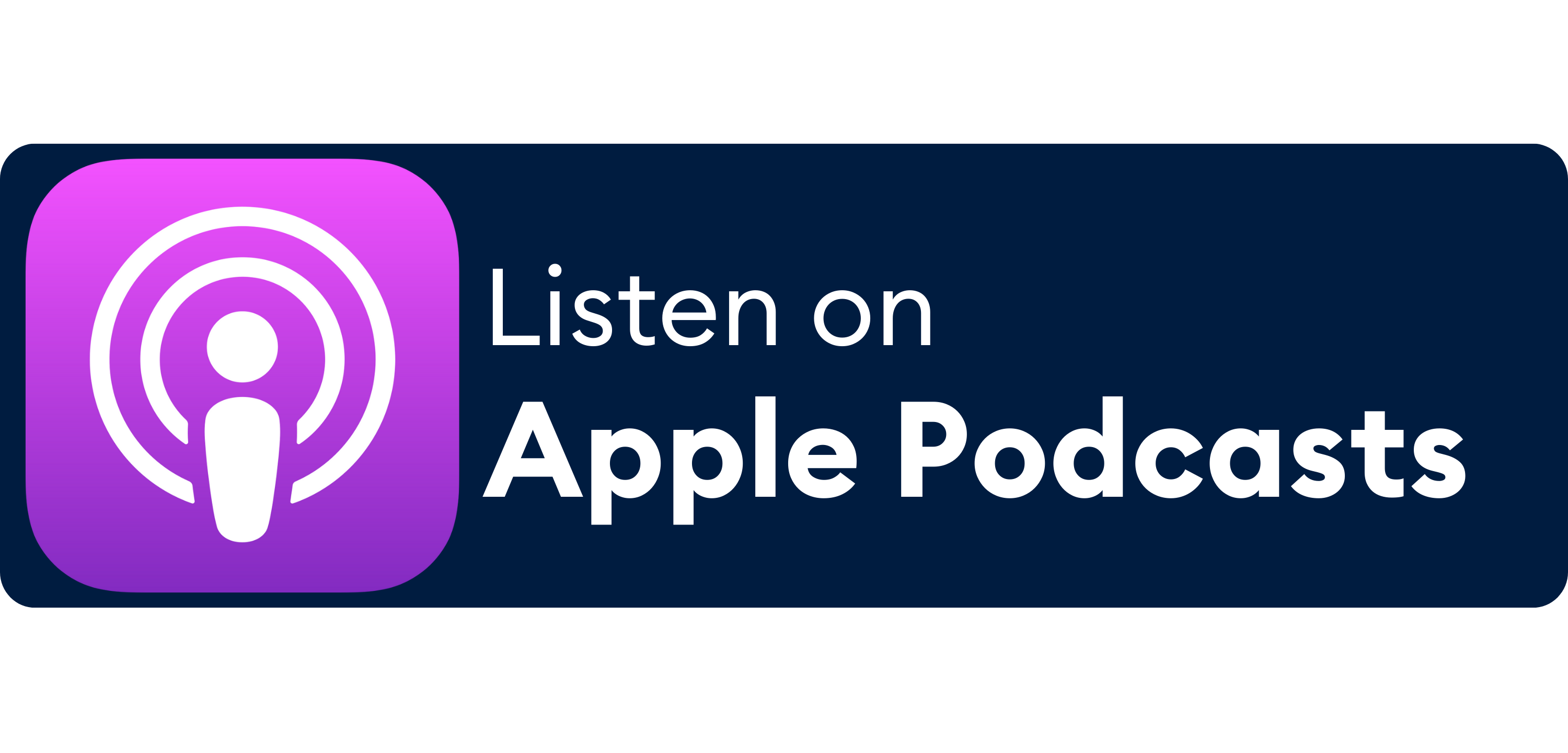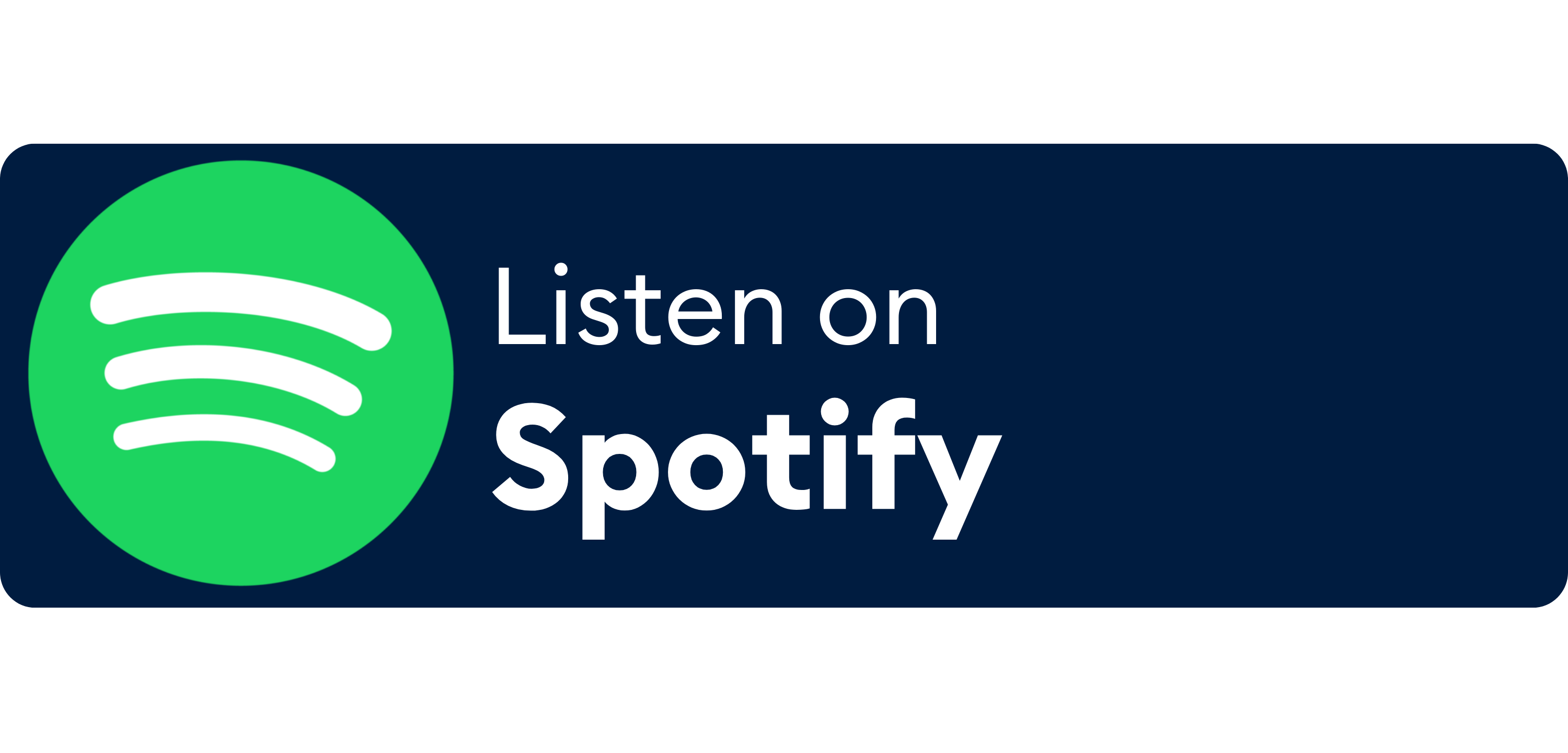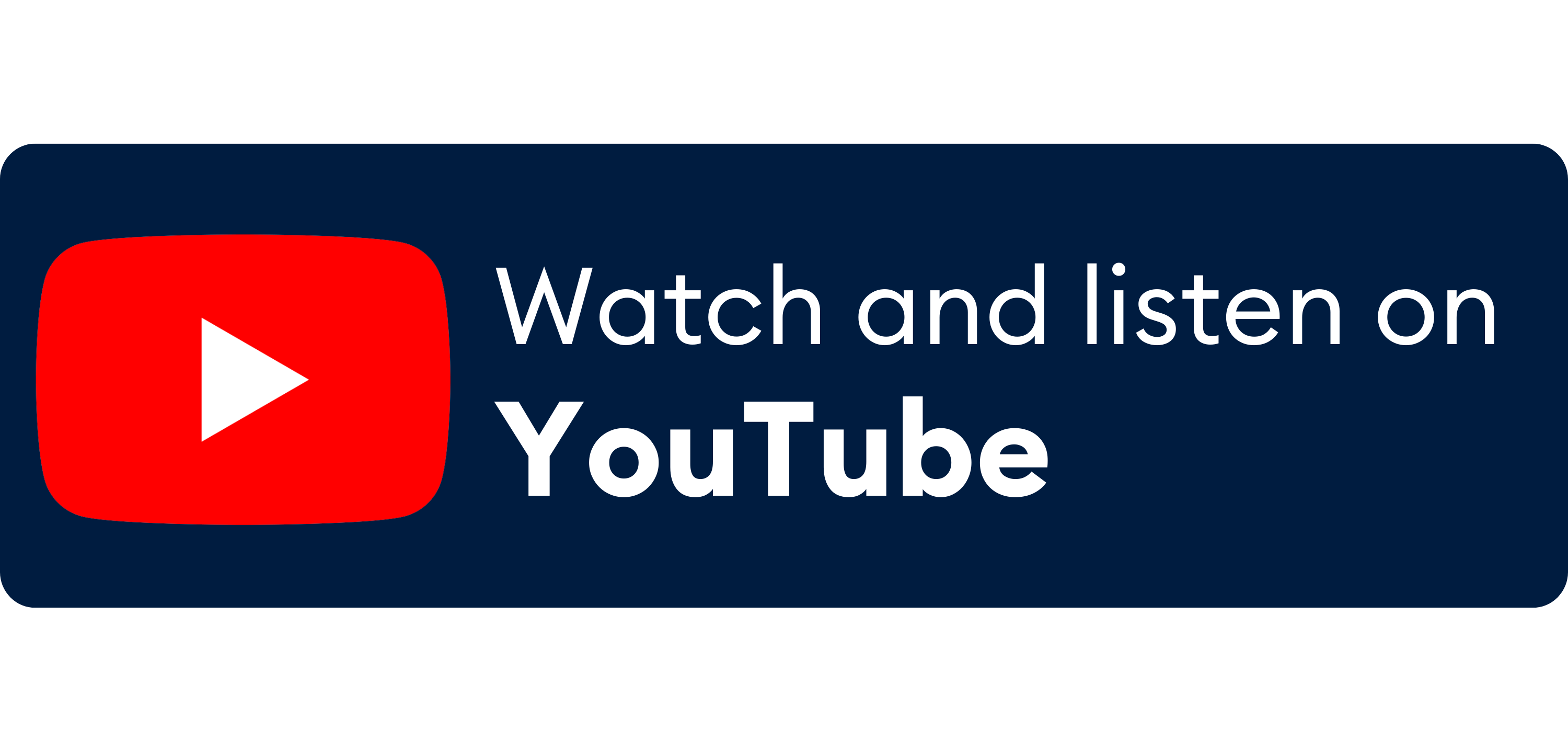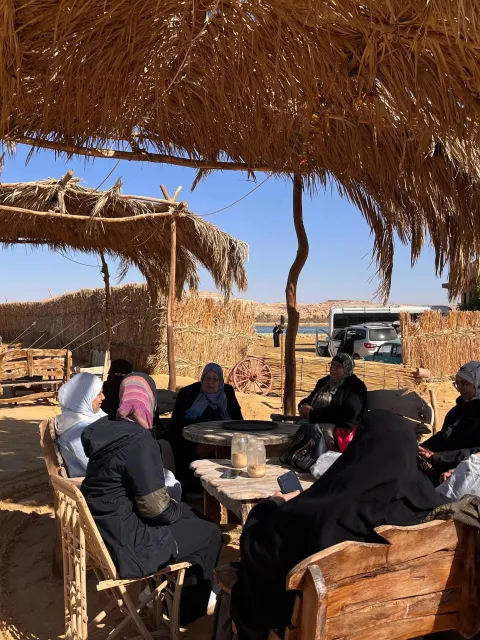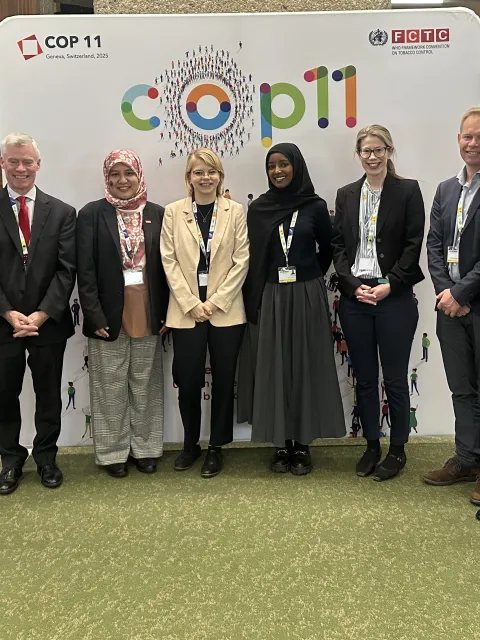Podcast "Let's Talk Cancer": How the tobacco industry harms our health and our planet
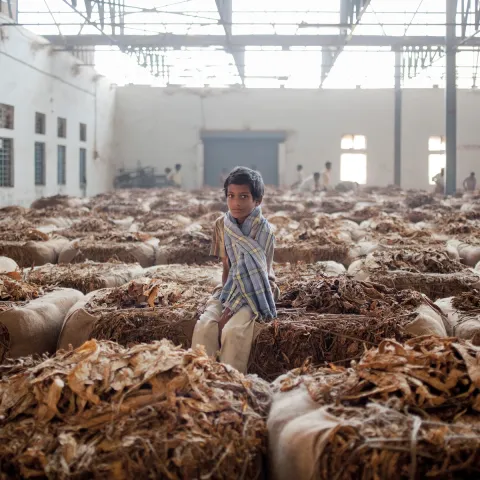
In this podcast episode of Let's Talk Cancer, Dr Ulysses Dorotheo talks to Dr Cary Adams about the harms caused by tobacco to the environment and measures to take to improve tobacco control.
Tobacco consumption is one of the leading causes of premature deaths. It kills eight million people worldwide each year, mainly in low- and middle-income countries where 80% of the world’s smokers live. It contributes to the development of at least 20 different types of cancer – that’s about one-quarter of the total number of lives lost due to cancer.
Tobacco consumption and production also cause considerable harm to the environment, which is the theme of this year’s World No Tobacco Day on 31 May.
What is the nature of these harms and how can the influence of the tobacco industry be countered? Dr Ulysses Dorotheo, Executive Director of the Southeast Asia Tobacco Control Alliance, highlights some effective tobacco control measures that governments can take, such as the generational ban on smoking that New Zealand has implemented.
See podcast transcript below
Listen on: Spotify | Stitcher | Apple Podcasts | Amazon Music | Audible | Deezer
Get notified of new podcasts by email
Podcast transcript
Cary Adams: Hello and welcome to Let's Talk Cancer by the Union for International Cancer Control, an organisation that unites and supports the cancer community to reduce the global cancer burden. I'm Cary Adams, the CEO of UICC, based here in Geneva.
Tobacco kills eight million people worldwide each year, mainly in low- and middle-income countries where 80% of the world's smokers live. And it contributes to the development of at least 20 different types of cancer. That's about one quarter of the total number of lives lost due to cancer. It is therefore one of the leading preventable causes of premature death. The 31st of May marks World No Tobacco Day, an important occasion to emphasize the need to drastically reduce the consumption of tobacco and the influence of the tobacco industry. With us today to discuss all of this is Dr. Ulysses Dorothea, executive director of the South East Asia Tobacco Control Alliance. You'll it's a delight to have you with us.
Ulysses Dorotheo: Well, thanks, Gary, and thanks for getting me on on your show.
Cary Adams: Can you give us some examples of the real harms that the tobacco industry causes to the environment?
Ulysses Dorotheo: It really is something that often people don't realise the extent of tobacco harms beyond just health. We often like to start this discussion with looking at tobacco farming, where the whole cycle begins. Many people don't know that, for example, land needs to be cleared and trees and forests are cut down and in the process of curing tobacco leaves, trees also need to be cut down and used as firewood. About 5% of global deforestation is due to tobacco farming. That's a huge number of trees. In the ASEAN region where I'm from, we have about 300,000 hectares of land devoted to tobacco growing. So that's a lot of land that actually could be used for planting food crops and be much more beneficial to the people where food is scarce. In addition to the deforestation from loss of trees, we know that tobacco is very hard to plant. It's a plant that requires a lot of fertiliser and pesticides, and these are toxic to the environment and leach into the land and the and the water. That is where tobacco is grown. And so just that alone, just beginning with tobacco farming, we see huge impacts on the environment. With manufacturing. There's manufacturing waste. The products themselves come in packaging of plastic and other discarded items. With the new tobacco products, we're even more alarmed that there's other additional plastic and electronic waste from electronic devices. And of course, everybody knows about cigarette butts being the number one discarded item in coastal cleanups as well as on land. All of that, beginning with farming through manufacturing to disposal, is a huge impact on the environment.
Cary Adams: So tobacco does not only harm the smoker. It also harms the environment. But also read a few years ago a Human Rights Watch publication which looked at child labor on the farms that you mentioned and the atrocious conditions that these children live in and the diseases that they suffer from as a result of working with tobacco Leaf.
Ulysses Dorotheo: The problem is that planting tobacco is very labor intensive. It's not like planting rice or corn. Farmers go into the field, plant their rice or corn. They irrigate maybe three times during the season and then they harvest. But with tobacco farming, the farmers need to be in the field most of the day to make sure that pests don't destroy the crops because tobacco companies, when they buy the leaf, have to grade the leaves in terms of quality. And when the leaf quality is graded as poor, the tobacco farmers get a very, very poor price for their leaves. So they're in the fields all day and they often will not hire people because that adds to the cost. So they employ their wives and their children to watch the leaves as they grow and after the leaves are harvested. Child labour is also used to string up leaves that are then set up for drying and curing of the leaves. And that's where both during the farming and during the curing that children and other relatives are exposed to the green tobacco. And that causes the green tobacco sickness due to dermal absorption of nicotine.
Cary Adams: It's quite horrifying, isn't it? The fact that an industry actually undertakes all of these practices causing harm to the environment and to people. What have you seen in terms of the interference of the tobacco industry when it comes to putting in place measures which would hopefully address some of those environmental issues? Have you seen many internationally?
Ulysses Dorotheo: You know, I think you're aware that there's the front groups that the tobacco industry puts up to say that they're protecting tobacco farmers, tobacco labourers trying to put an end to child labour in the tobacco industry. But all of that is very tokenistic because they continue to buy leaves that are grown by child labor. We know also of stories where tobacco farmers are not given the proper protection that they need for growing tobacco leaves. They're not paid sufficient wages. And even in the Philippines, we have a leaf grading system that that's quite arbitrary. We have no idea how leaves are graded so that farmers actually complain. They say the leaves are fine, but when the leaf grader comes along, he gives it such a low grade that they have to just agree to be paid a very low amount of money in exchange for the leaves that they grow. And so they're put in debt because of this. They were in debt to begin with, and then they don't have a way of getting out of that cycle of debt. And it's quite egregious to think that when we push for tobacco control measures like higher taxes, increasing the prices to reduce affordability of tobacco products, tobacco farmers and their families are used as human shields to say that if we push forward with tobacco control measures, it's the tobacco farmers that will suffer when, at the hands of the tobacco companies themselves, they're already being victimised. And it's not tobacco control that victimises tobacco farmers at all.
Cary Adams: Yeah, so true. The experiences around the world where, you know, even just the simple thing of increasing the price of tobacco products has been countered by the tobacco industry, country by country.
Ulysses Dorotheo: When we say that tobacco farmers need to be given viable alternative livelihoods, which will bring in income for them, take them out of poverty, make sure their children get a good future. The tobacco industry says, no, they can't plant anything else because tobacco leaves bring in very good income. And they say, for example, in the Philippines, we grow a lot of rice. Rice may bring in income at about 30 to $40 per kilogram, whereas tobacco leaf is $80 a kilogram and so they earn double. But what's not taken into account is that tobacco leaf is grown once a year, but corn or rice can be planted three times a year. And so farmers can actually earn better, number one. Number two is they will have a ready market. Unlike with tobacco, it's just a single market. And number three, they can actually eat the food that they grow, whereas you can't eat tobacco leaves. And four is the exposure to risk. The occupational risk for planting tobacco is completely gone when you plant rice or corn. So these are things that tobacco farmers know and they complain about, but they just don't have the opportunity to get out of the tobacco industry. And that's quite sad because the tobacco lobby is very, very strong to keep them in that position.
Cary Adams: So we have pathways available country by country to move tobacco farmers into other farming. Do you feel that there is adequate funding to support advocates who want to change the way in which the industry operates?
Ulysses Dorotheo: Definitely there's not enough funding. Tobacco control is a very small part of public health. I would say, even though the impact of tobacco control is huge across public health, we have actually tried to frame funding for tobacco control in a way that governments see it as a good investment. So let's say alternative livelihoods, for example, in Africa where they grow bamboo instead of tobacco, or in Malaysia, where they've been successful. Also shifting farmers to Kenaf, which is a fibrous plant that's used to make fiberglass material, the government actually sees that this is good because it brings in revenue for the government, it brings in jobs, and it also uplifts the lives of the farmers. And so those have been success stories. But it's not across the board. We need to try other things. And something we've found successful, for example, is health promotion foundations. So in Thailand there's the Thai Health Promotion Foundation. We've helped set up a similar fund in Vietnam, the Vietnam Tobacco Control Fund. And this is a model where tobacco companies pay the useful excise tax for manufacturing, but the government puts on an additional surcharge.
Ulysses Dorotheo: In Thailand, it's 2%. And the result has been that in Thailand, for example, it's not just tobacco, it's tobacco and alcohol industries that pay this extra 2% surcharge. Thai Health earns about $200 million a year, and that's separate from what the government earns in terms of excise. And it's very, very small compared to what the Ministry of Public Health's budget is for health. But it is really, really effective. They're able to do research. They're able to do advocacy, push forward tobacco control measures and alcohol control measures, as well as other NCD controls. Same thing in Vietnam with the tobacco control fund. They're now able to do public education, put in place smoke free implementation in various cities, which they could not do before. This is a way for us to tax the tobacco industry, to fund tobacco control. And so we're trying to get other governments to see this as a model that's viable and hopefully not see tobacco control as a burden that they need to pay for. But, you know, it's the polluter pays principle at work here.
Cary Adams: There's a lot that can be done with actually not too much money. And you've mentioned taxation, which I think most people agree is probably one of the most effective interventions. Is that, in your opinion, the biggest intervention that we can do, or are there other things that we should follow from the WHO recommendations Best buys for reducing tobacco use around the world? What would you recommend?
Ulysses Dorotheo: I think we all recommend a package of measures. Tobacco taxation by itself isn't going to be as effective as tobacco taxation. Plus banning advertising, smoke free public places, plain packaging and health warnings. Those all need to work together. They complement each other. But I would agree that tobacco taxation is one of the most effective ways of reducing tobacco use. So, for example, in the Philippines, where we had a very successful tobacco tax reform in 2012, the prevalence of smoking among adults dropped from about 28% to 23% in a matter of just a year or two in actual numbers. We dropped the number of adult smokers by one million and, in the analysis of that one million, a huge part were actually prevented from starting to smoke young people. And so we see that from both ends. Those who are already smoking and those who would have been smoking are no longer part of the tobacco generation. And so I think if governments are really serious about cutting tobacco use, they should raise taxes as high as possible, make them less affordable. And we know that when people stop spending for tobacco products, they'll spend their money elsewhere and that will feed into the economy and other sectors which will benefit also. So it's really a no brainer for most of us who are in tobacco control. It's a win for public health, it's a win for government revenues and it's a win for society at large.
Cary Adams: We've had the news from New Zealand recently about their new generational approach to tobacco control, actually banning the sale of cigarettes to a whole new generation. So in time, essentially access to tobacco cigarettes will not be there. How optimistic are you about that? That sounds like a potential game changer in the longer term.
Ulysses Dorotheo: You know, we're in the middle of a pandemic and we know that one of the best ways to prevent spread of the disease is to have herd immunity. And I see this generational endgame or tobacco free generation concept as a way to inoculate the younger generation so that they don't end up being victims of the tobacco industry. It's actually been tried, for example, in the Philippines. It's been legislated at the local level. We have one city, Balanga City, where they actually said that those who reach 18 in January of year 2000, if you were born at that time or later, you would no longer be allowed to buy cigarettes and other tobacco products, including e-cigarettes. And what the tobacco industry did was, they sued the city so that the ordinance would be overturned and the industry won because our national law actually allows sales to anybody. And so the court said, you know, you're overstepping your jurisdiction. They said that to the local government. But we know it's effective because the tobacco industry actually opposed this measure.
Ulysses Dorotheo: I had the opportunity to attend the annual stockholders meeting of Philip morris virtually a couple of years ago. And I brought this issue up. I said, you know, if your company is serious about not wanting young people to smoke, why did you sue a city that said, we won't allow young people to smoke ever in their lives? And the answer I got was that it would also prevent these young people from having access to their newer products, their e-cigarettes. So to me, it was like, you haven't designed these products for non-smokers and for young people. You've designed these products for current smokers to supposedly have access to less harmful products. So why why are you against a smoke-free generation? And that was the answer I got, which, you know, tells me the industry, of course, is speaking with a forked tongue. As usual. This tobacco-free generation, I think, is going to be a game changer. And so we put our full support behind this with New Zealand pushing through. I think there will be more and more countries being inspired to do this and make it a reality.
Cary Adams: There are no short-term wins. There's the long-term game. It's a big industry we're taking on and we have to work diligently, collectively around the world to make it happen. You, as ever, you're an inspiration to all of us. Thank you very much for the great work that you do.
Ulysses Dorotheo: Thanks very much, Cary, for this opportunity. We hope policymakers will listen to these conversations and start thinking about how we can end the tobacco pandemic in our lifetime.
Cary Adams: Thank you for listening to this episode of Let's Talk Cancer. If you want to know more about UICC's work, visit uicc.org or follow us on social media.
Last update
Friday 08 September 2023